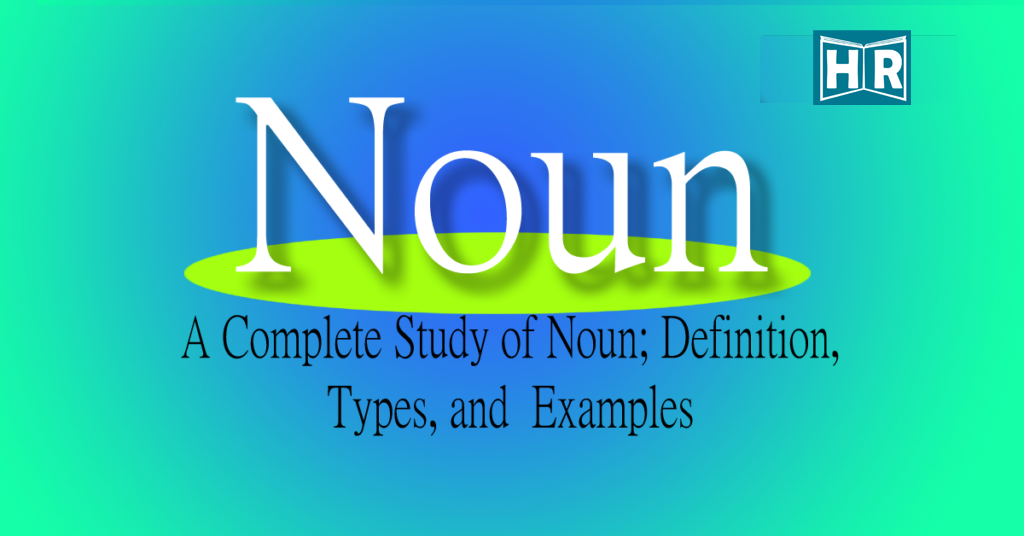Present Simple Tense
Simple Present Tense or Present Simple Tense is used when we talk of unchanging situations, general truths, scientific facts, habits, fixed arrangements, and frequently occurring events.
We use only the base form (i.e simple form) of the verb (v1) in the Present Simple Tense. Look at the following sentences:
- We go to the office regularly.
- Parents work very hard.
- We respect teachers.
The verbs in the above sentences have been used in their simple forms i.e v1 or verb base form or infinitive. We have added nothing to the base forms, nor have we changed them in any way.
Formulas for Present Simple | Present Simple Sentence Structure
Now, look at the following formulas for Present Simple.
V1+ -s/es/ies | Verb base form + s/es/ies
Having seen the PRESENT SIMPLE TENSE structure or formula you must have understood that if the subject of the sentence is in the third person singular number (he/she/it/the girl/Advaith/etc), we add —s or –es to the base of the verb:
Keep in mind, if a verb ends with “y” having a vowel (a,e,i.o,u) before it, we usually add an ‘-s’ in the third person singular. Examples: Buy=buys, lay=lays, say=says. In other cases ‘y’ changes to ‘-ies’. Examples: try=tries, dry=dries, fly=flies
| PERSON | SINGULAR | verb | PLURAL | Verb |
| 1st Person | I | V1 | WE | V1 |
| 2nd Person | YOU | V1 | YOU | V1 |
| 3rd Person | He, She, It | V1+s/es (Affirmative) Does (Integrative) Does not (Negative) | They | V1 |
Present Simple Tense Sentence Structure
Look how the sentences of PRESENT SIMPLE are structured as 1. Affirmative Sentence, 2. Negative Sentence, 3. Interrogative Sentence, and 4. Interrogative and Negative Sentence.
- PRESENT TENSE is divided into
- Present Simple
- Affirmative Sentence = Sub + V1(s/es) + Obj. + Others.
- I write.
- We write.
- You write.
- You write.
- He writes. (3rd Person Singular)
- She writes. (3rd Person Singular)
- It writes. (3rd Person Singular)
- Advaith Writes. (3rd Person Singular)
- They write.
- Negative Sentence = Sub+ do/does +not+ V1+Obj.+ Others.
- I do not write.
- We do not write.
- You do not write.
- You do not write
- He does not write. (3rd Person Singular)
- She does not write. (3rd Person Singular)
- It does not write. (3rd Person Singular)
- Advaith does not write. (3rd Person Singular)
- They write.
- Interrogative Sentence = Do/Does+Sub+V1+Obj.+Others?
- Do I write?
- Do we write?
- Do you write?
- Do you write?
- Does he write? (3rd Person Singular)
- Does she write? (3rd Person Singular)
- Does it write? (3rd Person Singular)
- Does Advaith write? (3rd Person Singular)
- Do they write?
- Negative and Interrogative Sentence = Do/Does+ +Sub+ not +V1+Obj.?
- Do I not write?
- Do we not write?
- Do you write?
- Do you write?
- Does he not write? (3rd Person Singular)
- Does she not write? (3rd Person Singular)
- Does it not write? (3rd Person Singular)
- Does Advaith not write? (3rd Person Singular)
- Do they not write?
- Affirmative Sentence = Sub + V1(s/es) + Obj. + Others.
- Present Simple
Learn more about Present Simple Tense
“Money lost can be earned back; however, time once spent is gone forever”
www.huiraj.com
